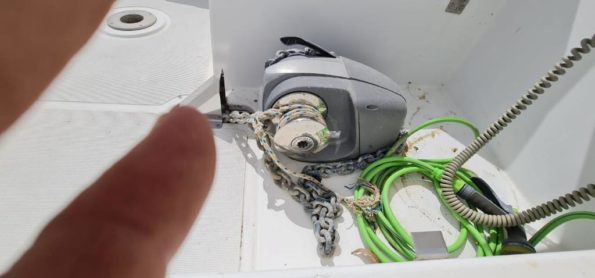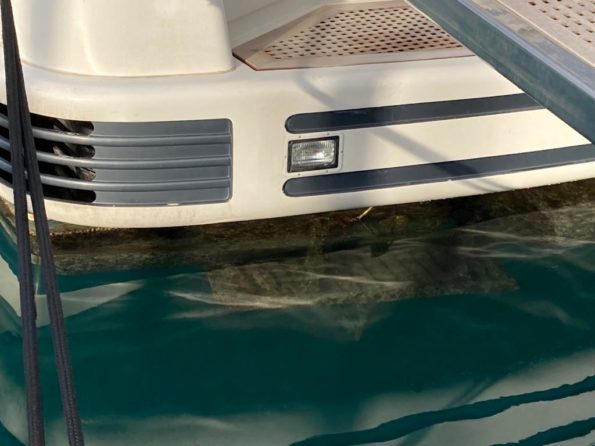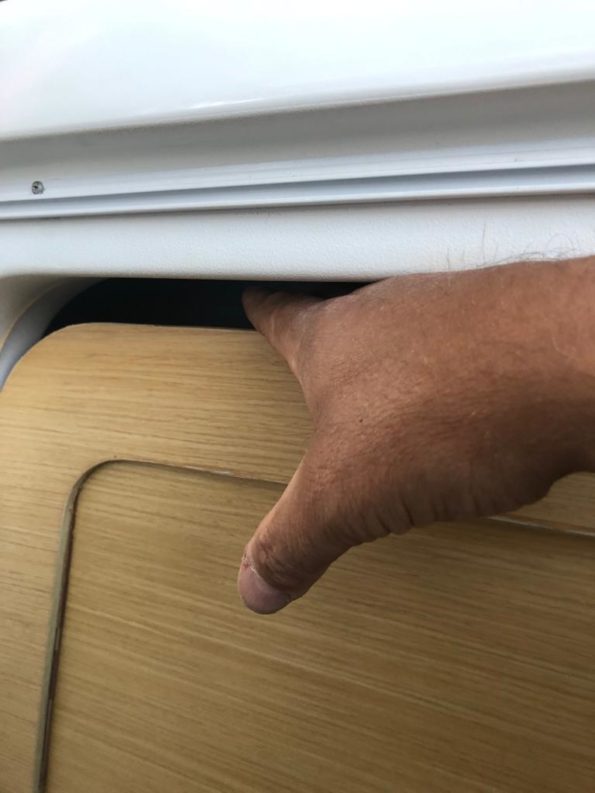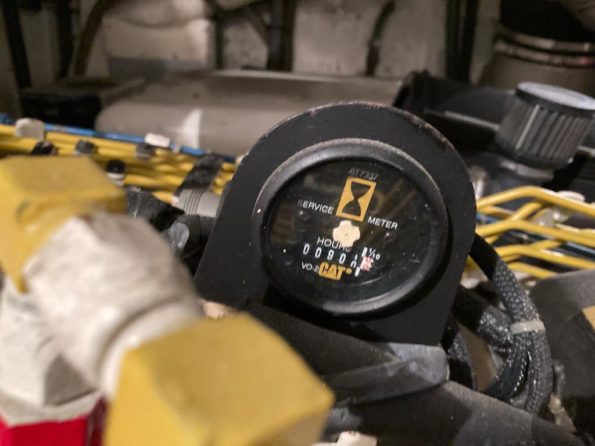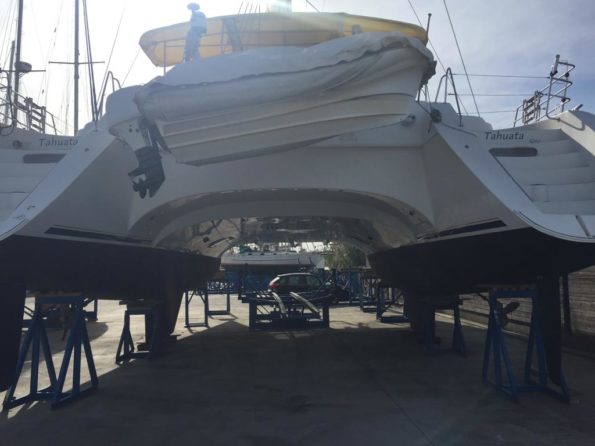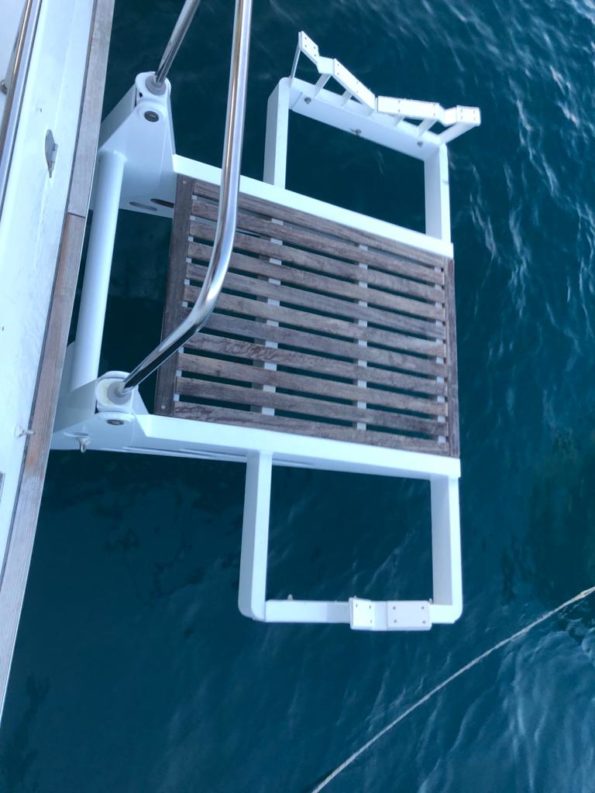
Buying a second-hand yacht is not easy and sometimes reserves bad surprises. It is important to ask the right questions to the seller, but also to inspect the boat, to check its good care and maintenance, and to proceed to a sea trial. Good opportunities exist, all you have to do is find them!
1. Check the maintenance
Ask the yacht’s seller for the maintenance booklet, or failing that, the invoices. These documents facilitate the traceability of maintenance, servicing, and repair operations carried out on the boat. They also make it possible to check that all recommended revisions are up to date and carried out by a knowledgeable professional.
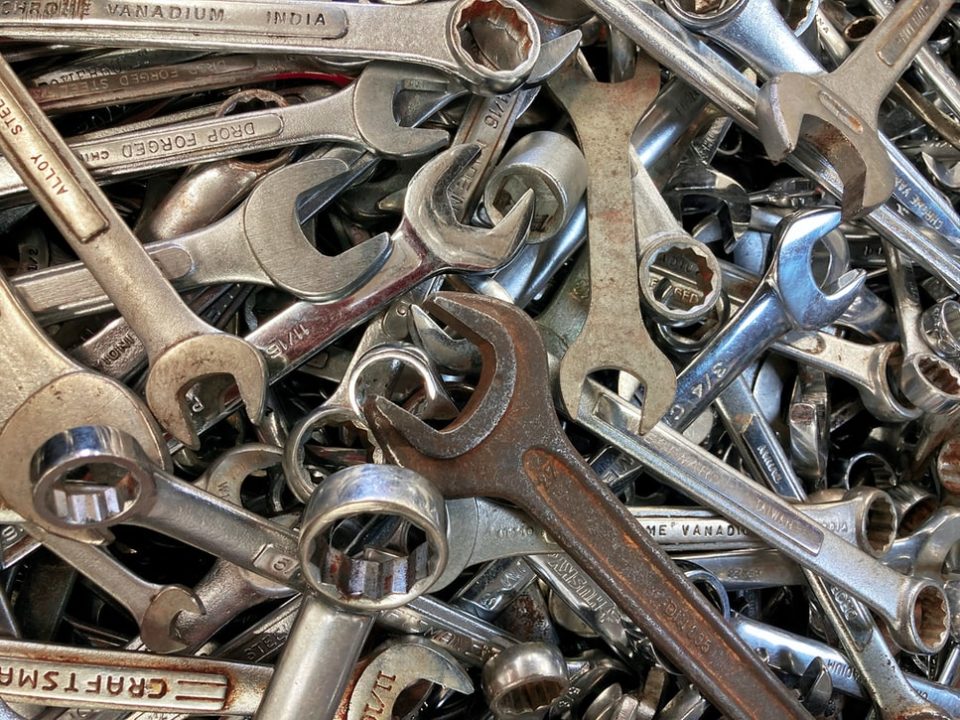
The maintenance logbook must be kept up to date and must specify, for each important operation, the date of the work, the name of the company or technician intervening on the boat, and the reference of the parts replaced. Find out about the various problems encountered by the boat owner.
2. Check the engine/sails
The engine, the central part of the boat, requires regular and meticulous maintenance. In case of failure, the cost of repairs is often high. You can call upon a qualified technician to inspect the engine and its auxiliaries.
The number of engine hours is a good indicator. In general, the higher the number, the closer is the time for major repairs. Beyond 300 hours/year, contact a technician to check the condition of the engine and/or perform extensive mechanical and electronic diagnostics.
Check engine oil and coolant levels. If the levels are low or the oil is of poor quality, you have evidence of neglected maintenance. Also, check for leaks.
Inspect the propeller. There should be no play. Finally, check all other components, such as the alternator, the starter, … to limit the sources of engine damage.
When buying a sailboat, check the condition of the sails and rigging.
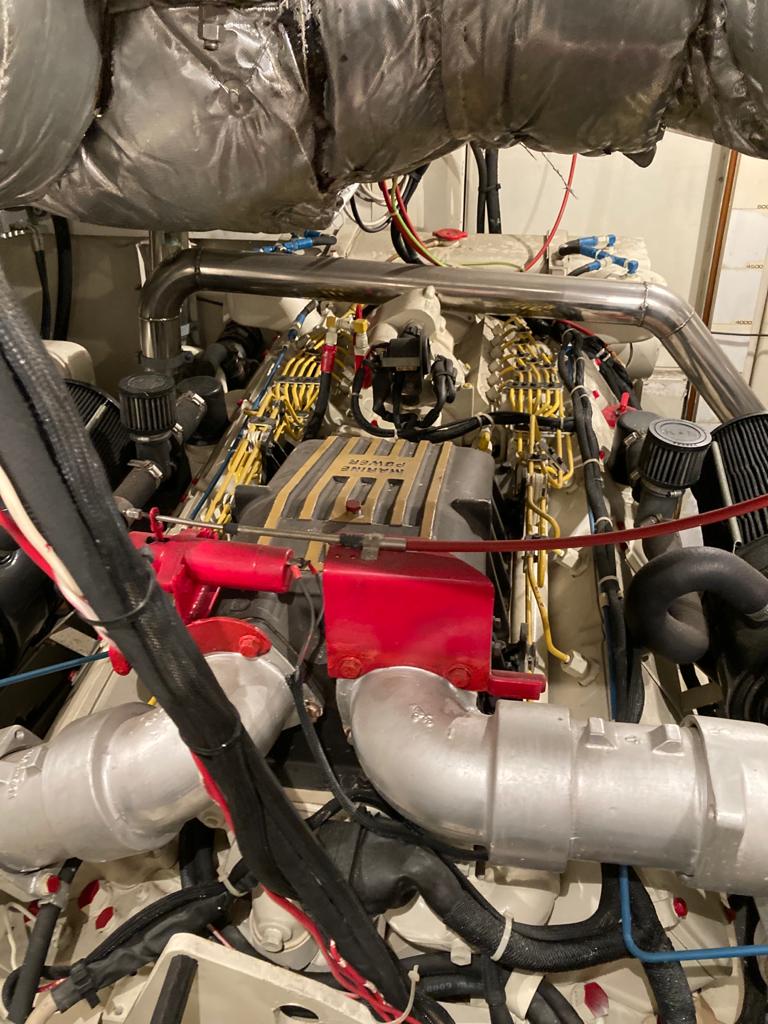
h 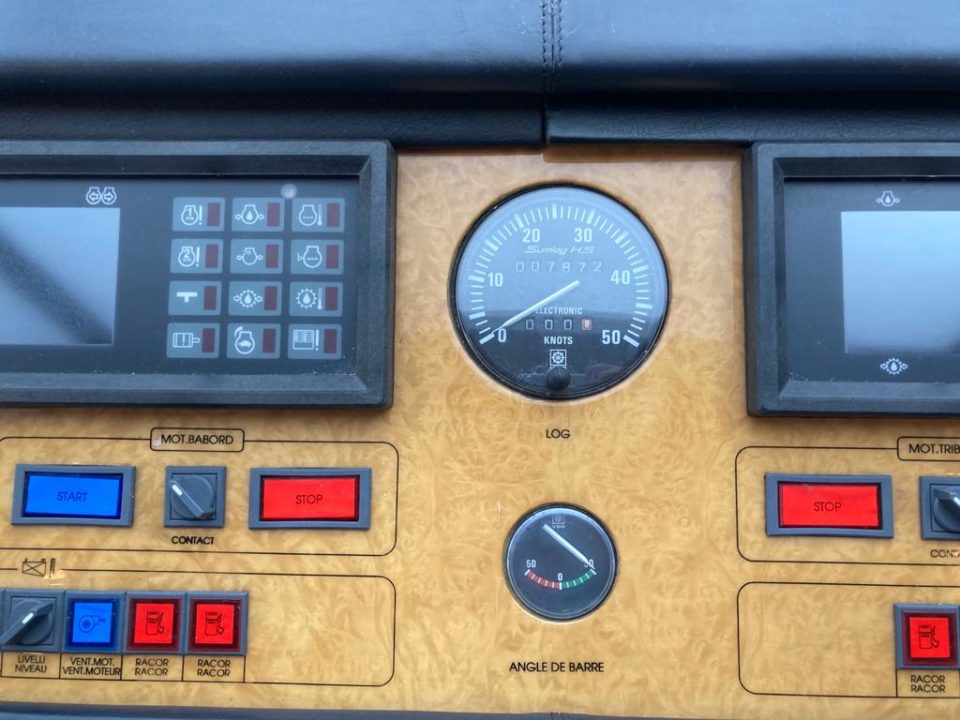
Les cadrans 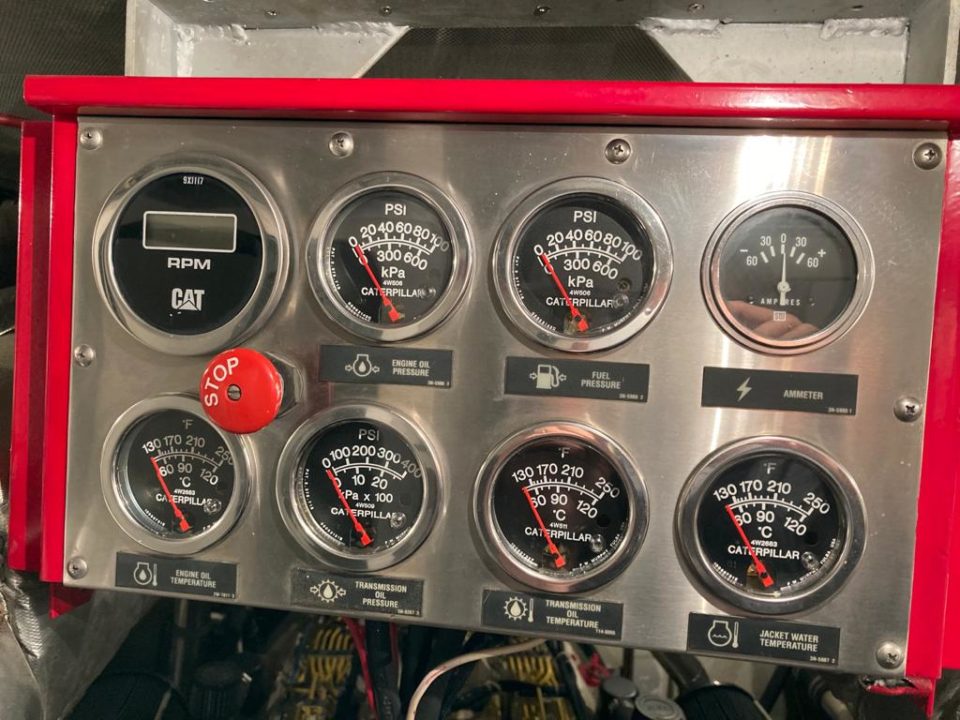
Le nombres d’heures inscrits
3. Check the hull and onboard equipment
Pay attention to the condition of the hull. This is often indicative of the general condition of the boat.
Also be on the lookout for signs of rust and possible cracks.
If the boat is dry, you can check all the components of the hull, such as the water intakes, propeller, and shaft (or sail-drives), the surface of the hull, the presence or absence of blisters (osmosis, which can be found on some models), but also the repairs previously carried out. This allows you to refine the check and perform a more exhaustive control. If you don’t have the necessary skills and knowledge, get help from a professional such as Windward Islands.
The same applies to all equipment on board. Check the generator (traces of rust or leaks), the watermaker (traces of leaks), electronics, the upholstery and woodwork, the closing of portholes/deck covers, the bathroom components, the interior furniture, their quality, and general condition. All equipment, such as screens, valves, probes, instruments, and electrical installations must be in working order. Damaged floors or displaced interior walls are sometimes the sign of shocks, tailgating, or a structure that has been subjected to a lot of stress (several transatlantic yachts for example), do not hesitate to ask the owner about this. The aerials such as the VHF antenna, the wind vane, the radar must be well fixed.
4. Carry out a sea trial to complete your marine survey
A sea trial allows you to have a good global vision of the boat’s condition and operation, but also of the ease or otherwise of handling.
For a motorboat, listen to the noises emitted after starting the engine when cold. The idle speed must remain stable. The presence of black or blue smoke should alert you. Perform a power-up test to make sure there are no leaks or splashing oil droplets.
5. Get professional help
Do not hesitate to call upon a marine surveyor or a qualified professional to establish a meticulous diagnosis of the boat in question. Our team of professionals will assist you in the purchase process and advise you.
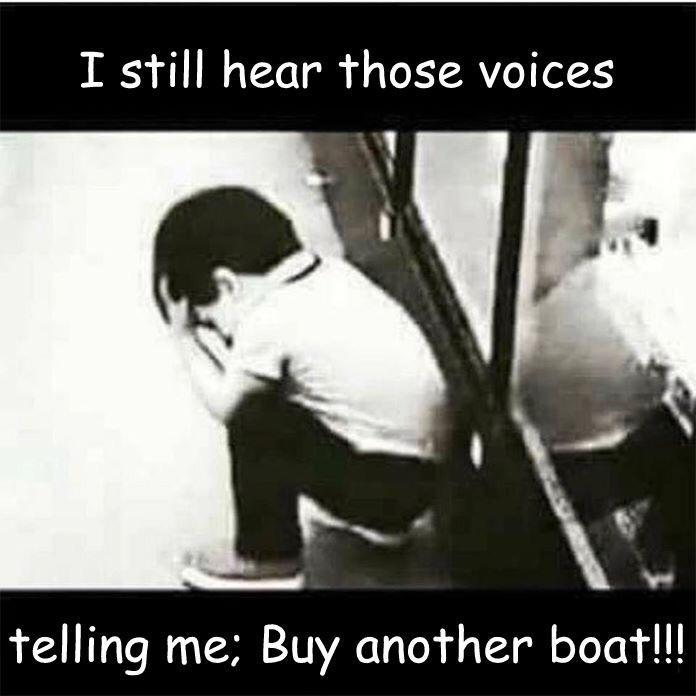
THE MOST IMPORTANT THING IS TO CHOOSE A BOAT ADAPTED TO YOUR PROJECT. NEITHER TOO BIG NOR TOO SMALL. A PROFESSIONAL WILL GUIDE YOU THANKS TO HIS KNOWLEDGE OF THE MARKET.
Matthieu Ferrand sale Broker from Windward Islands



